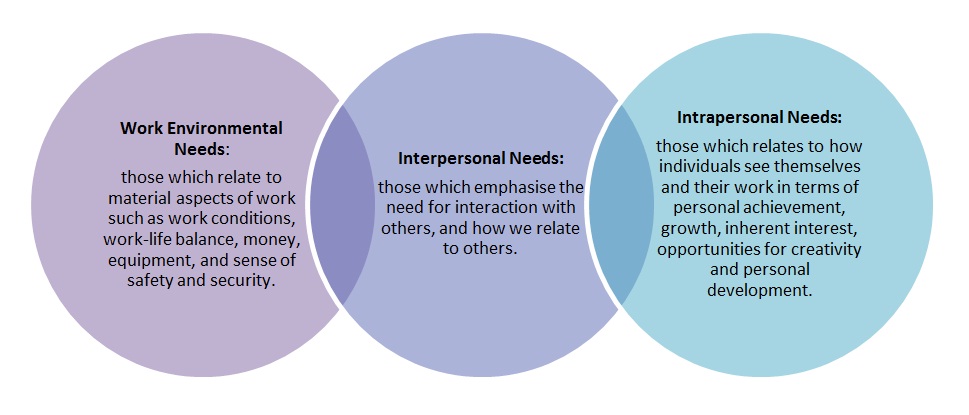You've recruited new staff, but are they aligned to their new business goals? Nicola Cairns tells us of the importance of onboarding.
How can you establish whether your new hires are truly motivated during the onboarding process? What does this mean for business leaders and HR professionals? Many organisations are looking for ways to motivate staff without the financial levers they previously used pre-recession. However, despite employers’ desire to increase engagement and ensure new hires stay within the business, many onboarding processes fail at the first hurdle because they do not cater for a diverse workforce. Many organisations are missing out on the true value of onboarding because they are still using a one-size-fits-all approach. This means employers are spending unnecessary effort and failing to capitalise on the increased productivity that can be achieved by tailoring onboarding activities for each employee.
Why is onboarding important?
Onboarding is a hot topic because organisations recognise that the strategic process of integrating new employees into an organisation can have a positive impact on business growth. This can be achieved by improving the time it takes new hires to be productive, improving service delivery to stakeholders and customers, enhancing branding as the 'employer of choice', and decreasing employee turnover rates.
Research suggests that a very high percentage of new employees make their decision to stay at a company within the first six months of the job and therefore first impressions are vital. So what can we do?
How can motivation help the onboarding process?
In today’s workforce, there is a growing pressure for organisations to meet employees’ individual needs to ensure they feel satisfied from their first day. The challenge is our workforce is increasingly becoming more diverse, for example we’re now seeing 4/5 different generations, all of which have different personalities, needs and work expectations. For organisations to tailor their on-boarding processes to their employees’ needs, they need to drill down into what each employee’s motivational drivers are at work. Employers need to understand specifically what compels an individual to engage in certain behaviours and what they will want in return.
The best companies invest more time in motivating their employees and educate their managers to 'talk and engage’ with their staff about their needs and wants during the onboarding phase. Organisations that fail to do this experience lower productivity levels and higher employee turnover.
How to use motivation surveys to improve on-boarding
Whilst individuals all differ and their motivators are unique, I've found that by assessing individuals' motivation a profile can be created for each new hire. This allows managers to identify situations and work conditions that encourage individuals to work harder. This is beneficial as it enables organisations to actively measure motivation and tailor development interventions during the onboarding process. This ensures they are clearly aligned to new hires which makes employees feel more involved in the business. Managers who understand motivation early on in an employee’s new role and deal with the inevitable employee question: 'What about my needs over the next 12 months?' are able to ensure training, mentoring and development planning initiatives meet their employee’s needs to ensure they are engaged in their work.
One way in which you can use motivation in the onboarding process is through the use of surveys. For example, Kenexa’s Motivation Questionnaire has identified the common dimensions upon which individuals differ. There are twelve individual needs, which are grouped into the following three interacting areas:

How to improve motivation within onboarding practices
- Tailor your onboarding process to suit new hires joining the business. It is vital to keep new hires engaged within their role and the organisation right from the very start so ensure it is fit for each individual.
- Use standardised, robust and easy-to-use questionnaires to identify and understand employee motivational needs.
- Encourage managers to provide actions that penetrate to the heart of employee motivation to ensure engagement and development early on within the onboarding process.
- Encourage managers to assess employee motivations alongside other key initiatives (such as training, mentoring) to ensure collaboration across the business. Organisations should expect to see a significant increase in both performance and engagement by providing focus at an individual and wider business level.
Nicola Cairns is a consultant with experience in the design, development and implementation of assessment and development solutions within the UK and internationally. She has consulted on solutions ranging from graduate selection programmes, HR transformation projects, management development programmes, and on and off-boarding solutions. Nicola is a registered member of the British Psychological Society (Occupational Psychology Division). She holds a degree and masters in Organisational Psychology.









